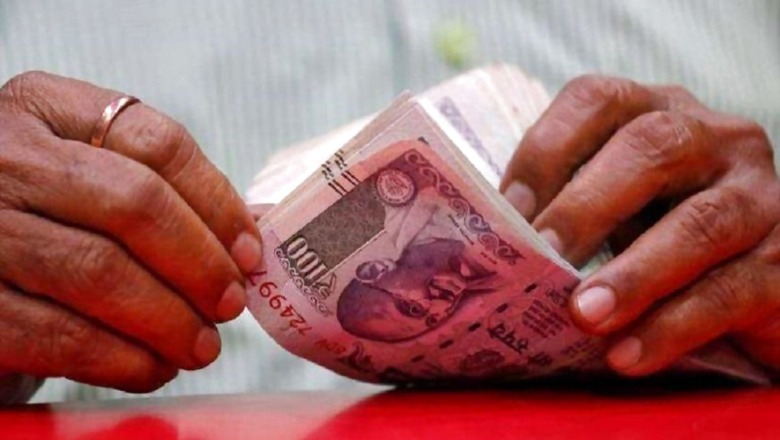
views
The year 2020 has been nothing short of a bad dream for most. It exposed the under-preparedness to handling a pandemic in terms of everyday dependency and managing with limited resources. The bad news came in early for some with companies going for major salary cuts and job losses.
Maintaining good hygiene and strong immunity became a priority and it changed the perspective towards the environment. As much as it is a good habit to not waste food, it became equally important to learn to survive in a limited budget and to make a tradition to save funds for similar situations if there are any.
Budget spending and saving enough for future use is extremely helpful during difficult times. It is important to plan your monthly expenditure and to restrict unnecessary spends to boost funds that can be invested for better returns. To build a corpus of liquid assets, one can distribute funds according to the needs and keep aside some for investments in plans which can be liquidated easily and give a better return.
The high hospitalisation expenses during the pandemic forced many to take tough decisions of choosing between their loved ones and the future of their families. Medical expenses stressed on the importance of having backup health insurance in case of sudden unemployment to support in these dire circumstances. One shouldn’t rely on the employer’s health plan as it is valid till the job lasts.
One should strictly avoid taking debts and restrict unnecessary usage or convert large transactions on credit cards into EMIs or personal loans in order to ease out the financial burden. It only tends to add to the financial burden in difficult situations like COVID-19 and economic slowdown.
Always avoid investing a major chunk of your savings at the same time in a single portfolio. Take time and learn about your investments and risk factor. Having a diverse investment portfolio helps in balancing and reduces the risk.
Read all the Latest News, Breaking News and Coronavirus News here




















Comments
0 comment